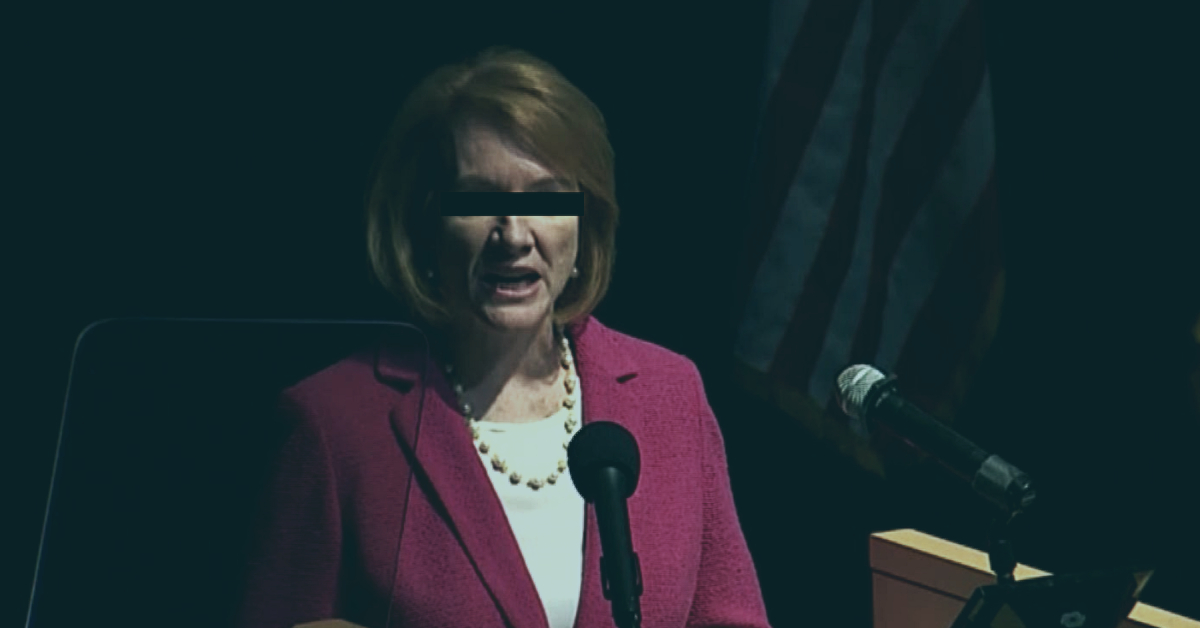by Seattle City Council Insight
The recall election process is similar in many ways to voter initiative and referendum processes, but it also has its own unique aspects. Let’s review the whole process, where the current effort stands, and what happens from here.
In Washington State, recall elections for public officials at all levels are enabled by the Washington State Constitution (Article I, Sections 33-34) and are guided by state law (RCW 29A.56 sections 110-270). There are several steps in the recall process for the Mayor of Seattle:
- One or more legal voters of the city must prepare a typewritten charge reciting that the Mayor “has committed an or acts of malfeasance, or an act or acts of misfeasance while in office, or has violated the oath of office, or has been guilty of any two or more of the acts specified in the Constitution as grounds for recall.” That charge must be submitted to the elections officer who receives declarations of candidacy for Mayor (i.e. the City Clerk).
- The City Clerk, having received the charge, serves a copy upon the Mayor, and then certifies and transmits a copy of it to the King County Prosecutor, who under the law is responsible for writing a synopsis of the charges that would appear on the ballot. The synopsis may not exceed two hundred words.
- Within fifteen days, the King County Prosecutor writes the ballot synopsis, and then files it with King County Superior Court for a judge’s review.
- The judge assigned to the case determines “whether the acts stated in the charge satisfy the criteria for which a recall petition may be filed,” and whether the ballot synopsis is adequate. This part is tricky and nuanced: the judge is not determining whether the charges are true or not — that responsibility ultimately lies with the voters. Rather, the judge hypothetically assumes that the charges are true, and determines whether they are “legally and factually sufficient” to meet the criteria for one or more of the allowable reasons to recall the Mayor (malfeasance, misfeasance, violating oath of office, or guilty of two or more of the acts specified in the Constitution as grounds for recall). This step assures that an elected official isn’t constantly pummeled with nuisnace recall efforts just simply because a set of voters doesn’t like them. The judge is required to hold a hearing on the charges and the synopsis, and the charged official is permitted time to mount a case in opposition. The judge may dismiss some or all of the charges; she or he certifies the remainder. The judge may also modify any ballot synopsis it finds to be inadequate.
- The superior court judge has the final word on the ballot synopsis, but the judge’s ruling on the sufficiency of the charges may be appealed to the state Supreme Court. Such an appeal is considered to be an emergency action taking precedence over the Supreme Court’s other work; all the paperwork must be filed within fifteen days of the superior court’s ruling, and the Supreme Court must rule within 30 days of the superior court’s ruling.
- Assuming any appeal is resolved in favor of the petitioner, the recall campaign then has 180 days (starting either 15 days after the superior court’s ruling, if it isn’t appealed, or the day after the Supreme Court’s ruling if it is) to gather supporting signatures from Seattle voters. They need to gather a number of signatures equivalent to 25% of the number of votes in the most recent election that placed the official in office. In Durkan’s case, there were 220,396 ballots cast in the November 2017 election, so a recall petition would need 55,099 signatures. But wait, there’s more: signature gathering must stop six months before the next general election in which the Mayor faces re-election; in Durkan’s case, that’s six months before the November 2021 election — May 2021. That doesn’t affect this particular recall campaign now that the superior court has ruled; the farthest out the 180 days could extend is mid-February if the ruling is appealed. But it would constrain any other attempts to recall her before the election — the window is closing quickly. Under state law, the signatures must be collected on paper petitions; signatures may not be collected electronically.
- The recall campaign is subject to the same election campaign rules as ballot initiative and referendum campaigns, including filings with the Seattle Ethics and Elections Commission and the state Public Disclosure Commission.
- If the campaign collects enough signatures in the given timeline, it submits them to the City Clerk, who stamps them with the date of filing, notifies the Mayor that the petitions will be canvassed and verified, and sends them on to King County Elections for verification. The campaign and the Mayor are notified of the date that the elections office will do its verification, so that they can have observers present.
- The elections office verifies the signatures, using adopted rules for statistical sampling as appropriate.
- If the elections office finds that there are a sufficient number of verified signatures, then it certifies the petitions as sufficient and fixes a date for a special election for the vote on the recall of the Mayor. That special election must be between forty five and ninety days from the date that the elections office certifies the petitions, and preferably on one of the dates specified under state law. However, it may not be scheduled between the primary (August) election and the general (November) election in any year — though under the current timing, even under the most pessimistic schedule the allowable ninety days would expire before August 2021.
- The Mayor is served with a notice that the election date has been set, and has seven days to write a response of up to 250 words to the charge.
- The election is held in the same manner as a special election in Seattle. The ballot contains the full text of the ballot synopsis of the charge, and the Mayor’s response. The results are certified using the standard process (which in Seattle takes approximately three weeks).
- If a majority of the ballots cast are for recall, then the Mayor is recalled and discharged from office, and the office is vacant. If that happens, then the process of filling the vacancy is the same as if the Mayor resigns or the City Council removes her.
As for the current effort to recall the Mayor: it just completed step four last Friday with the ruling of King County Superior Court Judge Mary Roberts.
On June 25, King County Prosecuting Attorney Dan Satterberg submitted a request to the court to determine the sufficiency of the charges against the Mayor as well as the adequacy of his proposed ballot initiative, attaching the original charges as submitted by the petitioners and a very handy brief summarizing the legal standard that the court must apply.
The petitioners filed their own brief in support of the charges, and the Mayor’s attorneys filed a brief in opposition.
Here are the seven charges that the petitioners submitted.
A Mayor Durkan endangered the peace and safety of the community and violated her duties under RCW 35.18.200, Seattle Charter Art. V, Sec. 2, SMC 10.02.010A, and her oath to uphold US Const., Amend. 4, Washington Constitution, Art. 1, Sec. 3; when she issued a city-wide curfew without sufficient notice for individuals to safely disperse.
B. Mayor Durkan endangered the peace and safety of the community and violated her duties under RCW 35.18.200, Seattle Charter Art. V, Sec. 2, SMC 10.02.010A, and her oath to uphold US Const., Amends. 1 and 4, Washington Constitution, Art. 1 Sec. 3-5, when she failed to institute new polices and safety measures for the Seattle Police Department when using crowd control measures during a public health
emergency.
C. Mayor Durkan endangered the peace and safety of the community and violated her duties under RCW 35.18.200, Seattle Charter Art. V, Sec. 2, SMC 10.02.010A, and her oath to uphold US Const., Amend. 4, Washington Constitution, Art. 1, Sec. 3 and 5,when she failed to enforce Seattle Police Officer compliance with the Seattle Municipal Code and the Seattle Police Manual, when the police deliberately attacked members of the press despite their identification as such, attacked street medics attempting to treat the injured, destroyed medical supplies, and deliberately did not use appropriate deescalation techniques.
D. Mayor Durkan endangered the peace and safety of the community and violated her duties under RCW 35.18.200, Seattle Charter Art. V, Sec. 2, and her oath to uphold US Const., Amends. 1 and 4, Washington Constitution, Art. 1, Sec. 3-5, when she failed to protect the Right to Freedom of Speech and the Right to Peaceful Assembly under the First Amendment of the United States Constitution and Article 1, Sec. 4-5 of the Washington State Constitution.
E. Mayor Durkan endangered the peace and safety of the community and violated her duties under RCW 35.18.200, Seattle Charter Art. V, Sec. 2, SMC 10.02.010A, and her oath to uphold US Const., Amends. 1 and 4, Washington Constitution, Art. 1 Sec. 3-5, when she wrongfully subjected bystanders to chemical weapons and crowd control measures.
F. Mayor Durkan endangered the peace and safety of the community and violated her duties under RCW 35.18.200, Seattle Charter Art. V, Sec. 2, SMC 10.02.010A, and her oath to uphold US Const., Amends. 1 and 4, Washington Constitution, Art. 1 Sec. 3-5, when she endangered the lives of people around the SPD East Precinct by allowing police to leak false information about fabricated crimes and threats to the media.
G. Mayor Durkan endangered the peace and safety of the community and violated her duties under RCW 35.18.200, Seattle Charter Art. V, Sec. 2, SMC 10.02.010A, and her oath to uphold US Const., Amends. 4, Washington Constitution, Art. 1 Sec. 3, when she wrongfully disallowed certain property rights in downtown Seattle and Capitol Hill.

